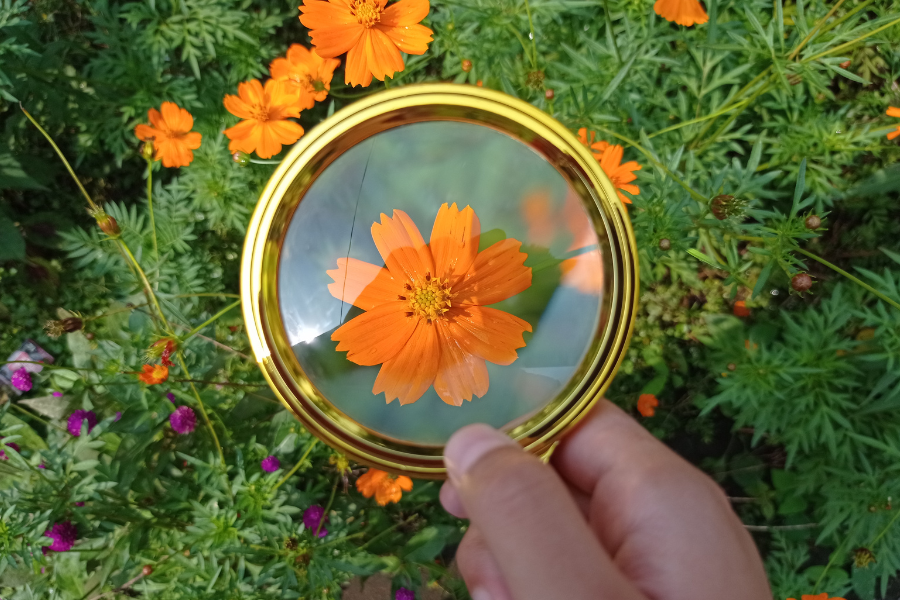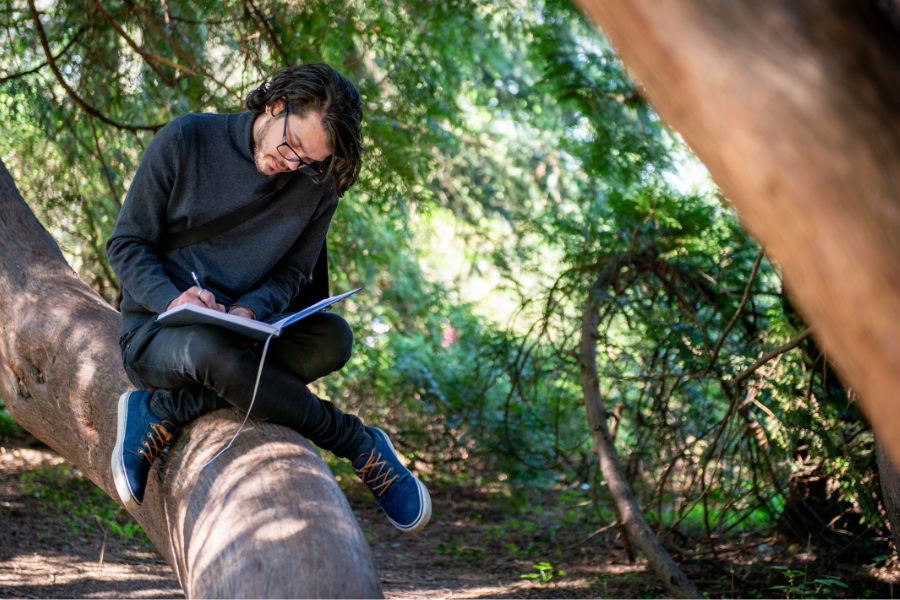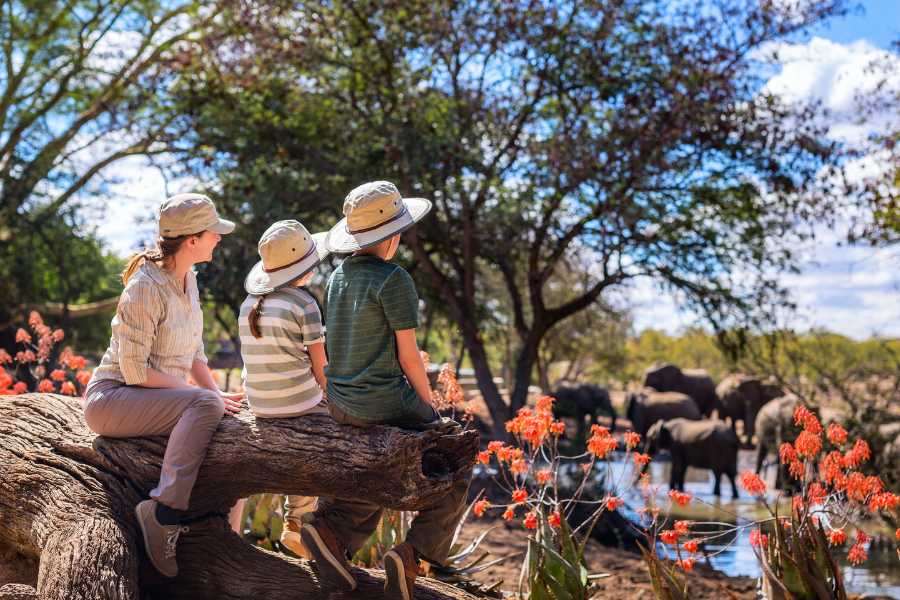We are exposed to endless forms of distractions. Our attention is constantly being disrupted by the hustle and bustle that comes with everyday living. In addition to work, school, and home activities, we jam our waking hours with lots of stuff like watching television, surfing the internet, playing video games, texting on our cellphones, and listening to music. No wonder our brain can go into sensory overload.
Amid the whirlwind of distractions, make it a priority to observe your environment. Take notice of the people, activities, and things that surround you. Look beyond the superficial to collect and decipher the cues. Hone your observation skills to better interpret and determine your best line of defense or course of action to the situation at hand. Learn to take notice of the small but important nuances that serve a significant purpose in our lives.
Observation is not just about seeing; it’s about absorbing the full spectrum of details present in any given situation. Here are six recommendations to amplify your observation skills and live more alertly.
1. Slow Down and Be Present

The faster we move, the less we see. One of the first steps to becoming more observant is to deliberately slow down. Reducing the pace allows your senses to catch up with your surroundings.
Mindfulness practices such as meditation can train you to be in the moment. Dedicating regular time to sit quietly, breathe deeply, and focus on the present can fine-tune your sensory awareness, turning down the background noise of your thoughts and allowing you to observe more in your environment.
2. Engage All Your Senses
We primarily rely on sight, but there are four other senses to deploy. Each environment gives off its unique sounds, smells, textures, and even tastes. To heighten your observational powers:
- Listen closely to the layers of sound that often go unnoticed—the ticking of a clock, distant chatter, or the rustle of leaves.
- Smell the air for subtle fragrances or changes as you move from place to place.
- Touch objects to feel their texture and weight.
- Taste foods and drinks attentively, identifying ingredients and flavor profiles.
By regularly practicing this full-sensory engagement, you’ll start to notice things that others miss.
3. Study Details Intentionally

Choose an object, situation, or person and make a conscious effort to study it in detail. Take mental notes of colors, patterns, behaviors, or anomalies. Engagement in active observation will make it a natural part of your thought process.
Photography is a great hobby to cultivate for this purpose as it inherently requires the photographer to search for details through the lens.
4. Keep a Journal

Observations are most valuable when they can be recalled. Journaling is a powerful technique to solidify your observations. Write down or sketch what you see, hear, and feel. Reflecting on these notes can unearth insights you might have initially overlooked and help in pattern recognition over time.
5. Play Observation Games
Just as muscles gain strength through exercise, your observation faculties can be sharpened with practice. “Observation games” can be both fun and beneficial:
- Play the classic game of ‘I Spy’ to encourage spot-on recognition of objects and features.
- Engage in memory tests by glancing at a scene for a few moments, then look away and list as many details as you can remember.
- Use puzzle-solving games like ‘Spot the difference’ which develop attention to detail.
6. Learn from Others
Observation is not only about physical surroundings but also about people. Pay attention to body language, tone of voice, and facial expressions. Much can be learned about a situation or individual by being observant of non-verbal communication.
Participate in group activities where you can observe team dynamics. Alternatively, practice people-watching in public spaces, analyzing interactions without judgment or assumption.
Conclusion

The chase for more observation skills is a journey of perpetual curiosity and engagement with your world. It requires patience, practice, and presence. Start with these six strategies, and watch how a keener sense of perception begins to transform your experiences and interactions. Remember, every moment offers something to be observed—the secret is in paying attention. By nurturing your capacity to observe, you embolden your mind to capture the essence of life’s complexity, one detail at a time.
Remember, to become more observant, you need to:
- Slow down and engage with the present moment.
- Utilize all your senses and not just rely on sight.
- Practice studying details intentionally.
- Keep a journal to document and reflect upon your observations.
- Incorporate fun observation games into your routine to enhance your skills.
- Observe and learn from others, focusing on non-verbal cues.
The benefits of enhanced observation are endless, providing a richer, fuller experience of the world. So take a deep breath, sharpen your senses, and open your eyes to the vibrant tapestry of life that awaits your notice.




